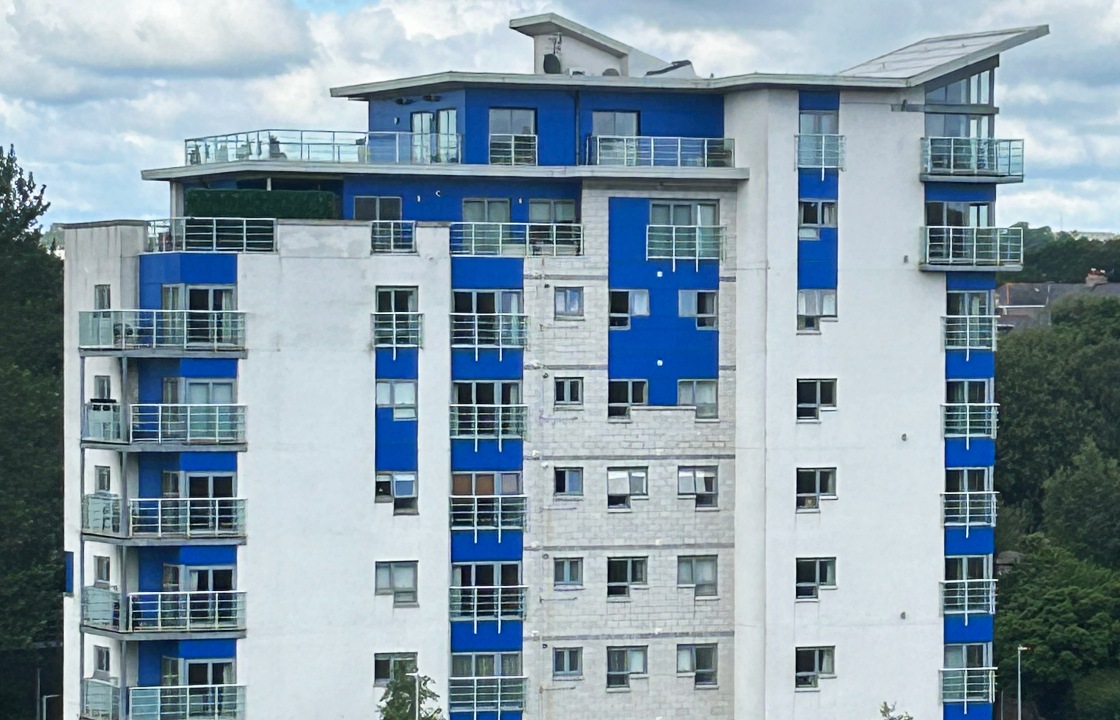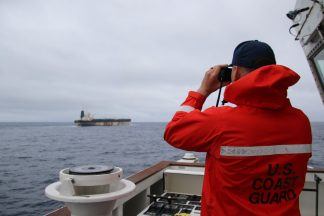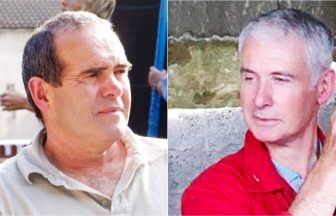A block of flats in Aberdeen has become the first in Scotland to have dangerous cladding removed – seven years after 72 people died in the Grenfell Tower fire.
The Aurora Apartments in Ferryhill are among several “high-priority” buildings in Scotland earmarked for renovation under a Scottish Government pilot programme.
The nine-storey building underwent extensive reconstruction to meet strict fire safety regulations.
Existing wall cladding and insulation materials, both of which were combustible, were removed and replaced with fire-safe non-combustible products to eliminate the risk of a blaze spreading over the outside of the building.
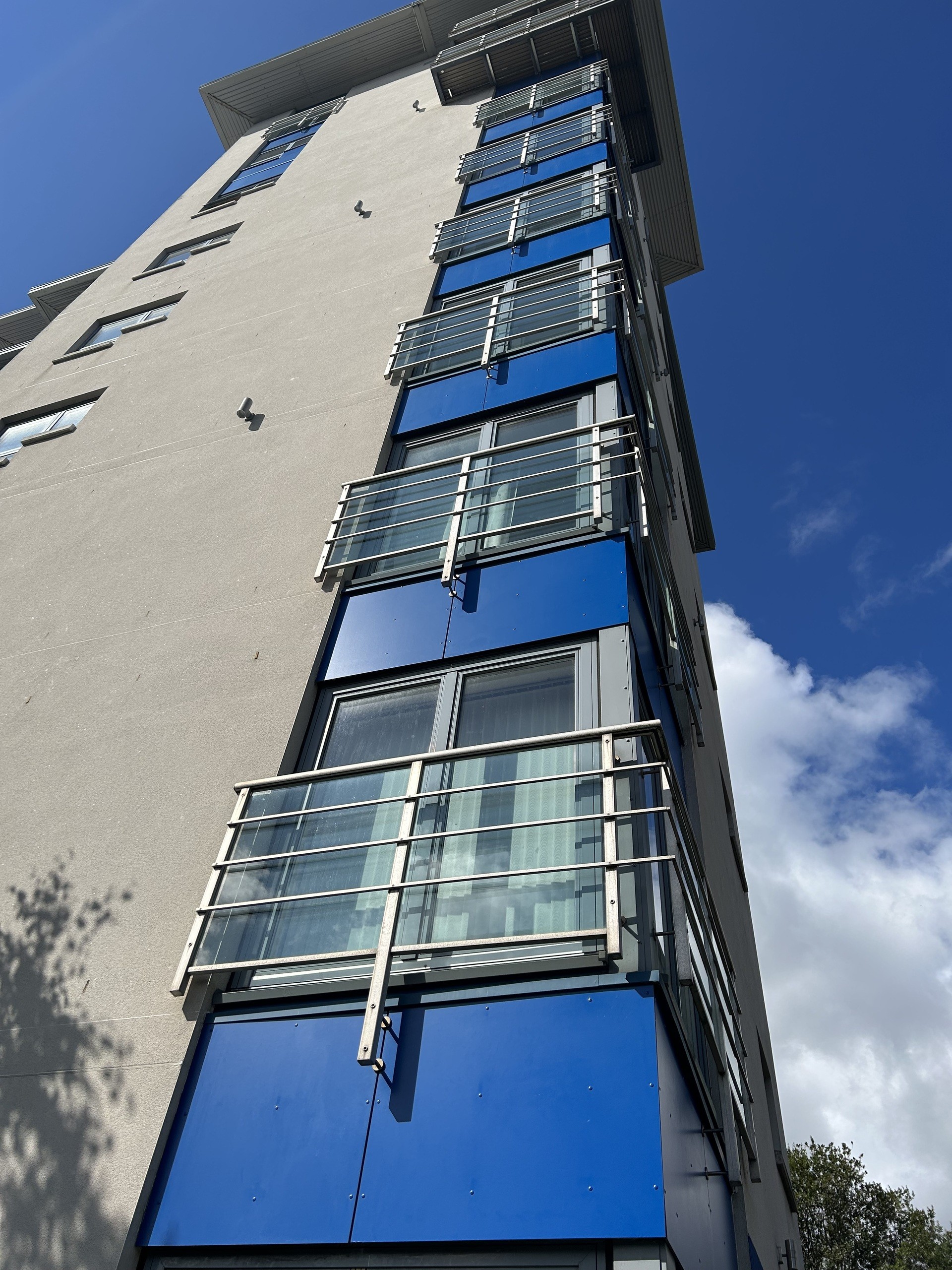 Diamond & Company (Scotland) Ltd Chartered Building Surveyors and Chartered Fire Engineers.
Diamond & Company (Scotland) Ltd Chartered Building Surveyors and Chartered Fire Engineers.The work, the first funded by the Single Building Assessments programme, was carried out while the residents of the 22 flats remained in their homes.
It was funded by the Scottish Government and managed by Diamond & Company (Scotland) Ltd Chartered Building Surveyors and Chartered Fire Engineers.
Phil Diamond, managing director of the firm, said: “The Grenfell fire exposed a systemic failure in all aspects of cladding installation in buildings throughout the UK.
“The completion of the work on the Aurora apartments in Aberdeen now provides an industry blueprint on how to make similar high-rise buildings much less vulnerable in the event of a fire.
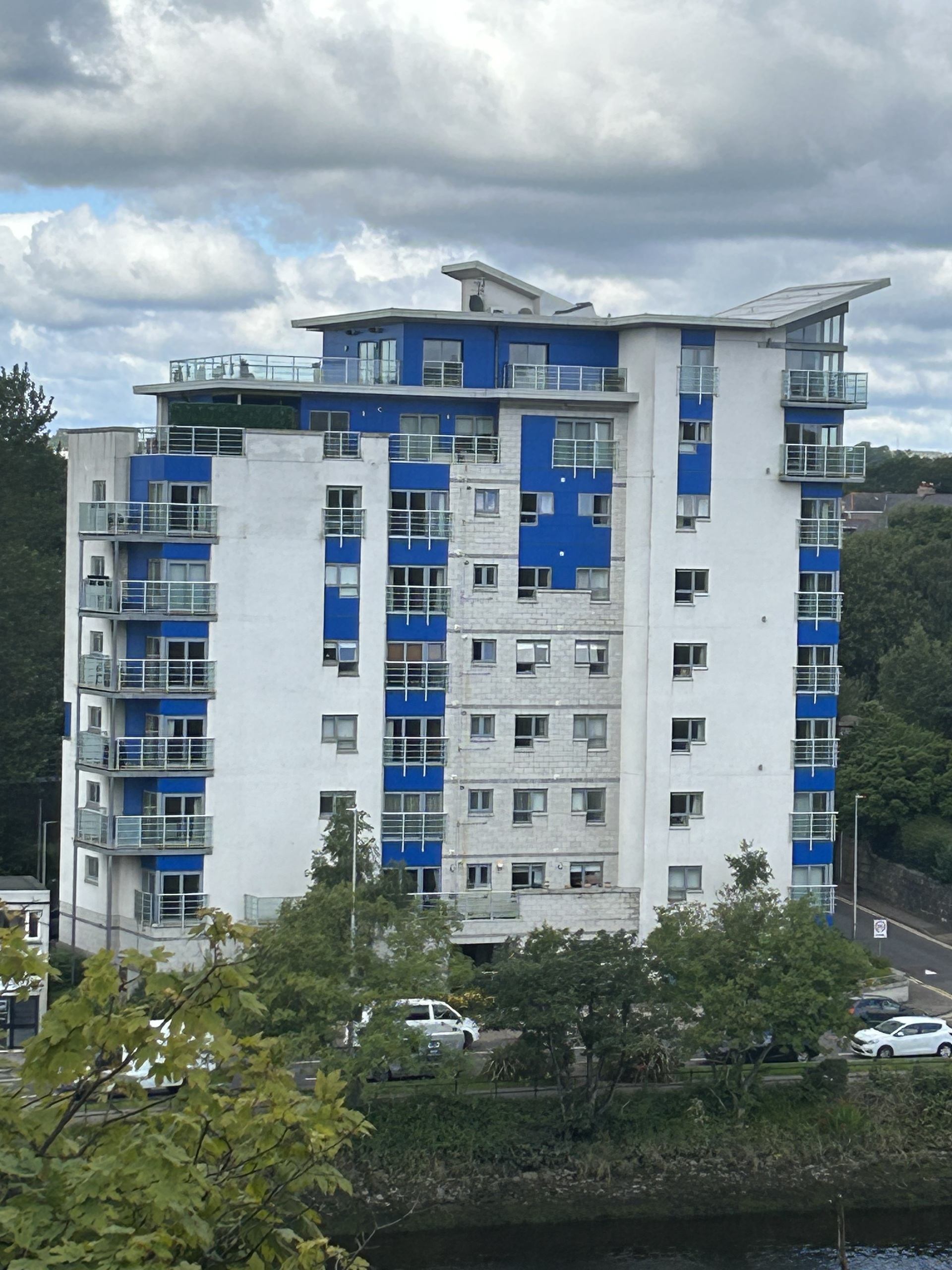 Diamond & Company (Scotland) Ltd Chartered Building Surveyors and Chartered Fire Engineers.
Diamond & Company (Scotland) Ltd Chartered Building Surveyors and Chartered Fire Engineers.“The residents in the Aurora apartments should sleep soundly at night now, knowing their building is much safer.
“The new non-combustible cladding is the highest standard on the market, stopping any fire from spreading over the outside of the building.”
In 2022, Holyrood banned the use of combustible cladding in high-rises following the Grenfell Tower fire in London in 2017 in which 72 people died.
The Scottish Government has identified 105 buildings that have cladding that need to be fixed.
In February – a report found that the Aurora building in Aberdeen was the only one to have remedial work started. One other has had mitigation works started.
In contrast – in England in December – 42% had either started or completed their remedial works.
It also found that of the £79m provided by the UK Government to fix the problem – less than £5m had been spent.
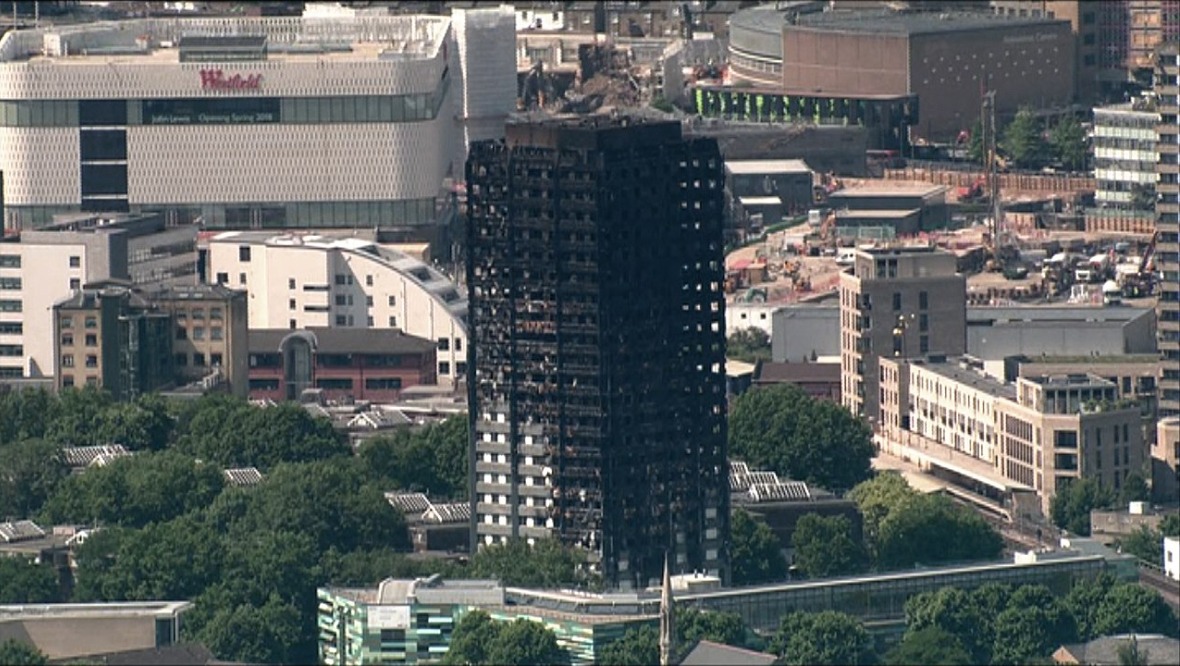 STV News
STV NewsMr Diamond said the new cladding means that if a serious fire were to occur in the flats it would be unable to spread over the outside of the building.
He went on: “It was an extremely challenging project which involved opening up the building and removing the timber support frame and other combustible materials.
“We used a drone with laser scanning to survey the building, and surrounding area, to help us produce detailed architectural drawings to plan the work required to make the block of flats safer.
“We are now moving ahead with similar projects across Scotland and the rest of the UK and look forward to the completion of other remediation works in the coming years.”
Housing Minister Paul McLennan said: “This is a very important moment for owners and residents and I was pleased to visit Aurora Apartments earlier this month to meet those involved.
“The Scottish Government has provided £600,000 funding to support work at the building which had no linked developer.
“The Cladding Remediation Programme is a demand-led programme dealing with complex assessment, mitigation and – where needed – remediation.
“Where issues have been identified at a building without a linked developer, we have ensured financial provision has been given and action taken.
“The recent passage of the Cladding Remediation Act is a significant milestone in our efforts to make buildings safer and to safeguard homeowners and residents.
“We have also recently published the Single Building Assessment technical specification, which forms the core of the standards to be set by Ministers for the assessment of buildings in the scope of the new legislation.”
Follow STV News on WhatsApp
Scan the QR code on your mobile device for all the latest news from around the country


